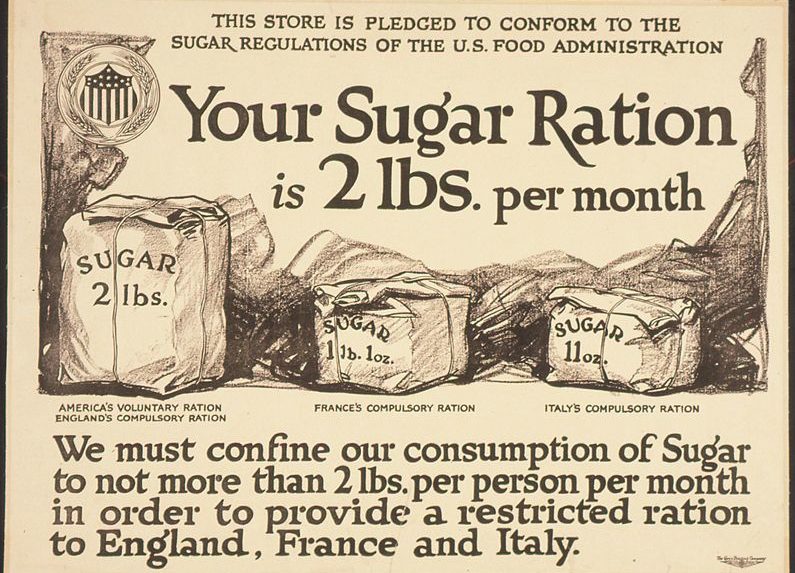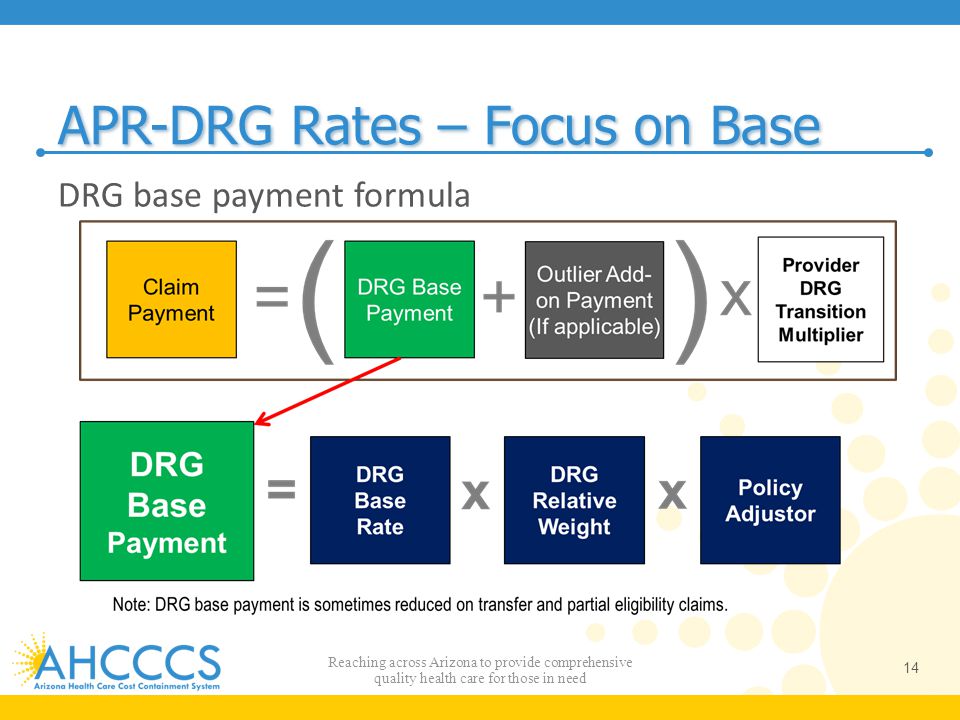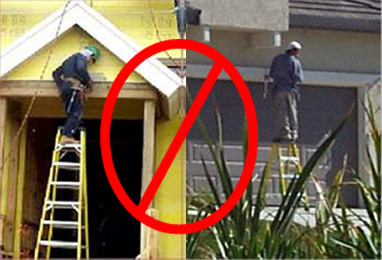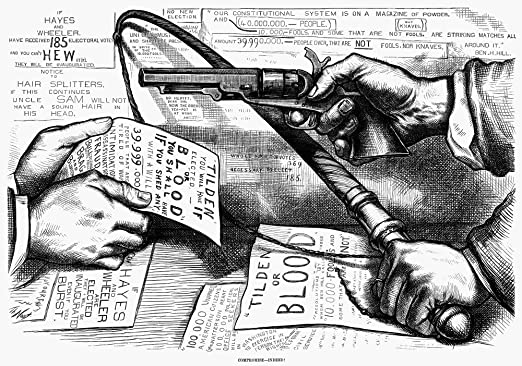
As the darkest day of the year approaches, it’s time to consider just what the Idaho legislature will be up to in their coming January congealment in Boise. If this year is anything like the last few, there will be lots of talk, some bluster and hand wringing. Finally they’ll not agree on much and then go home near planting time.
One thing is for sure, there will be lots of grousing about Medicaid; there always is. I have often found the level of Medicaid dyspepsia a legislator burps is inversely proportional to their understanding of the program.
As an example, back when I was campaigning for office and participating in community forums, I always got asked about whether Idaho should expand Medicaid eligibility, since I had served on a governor’s task force to study it. My opponent at the time waxed on how Idaho should not expand Medicare, though his reasons were unclear. The other Republican candidates at the forum also proudly stated they opposed expanding Medicare. Their confusion permeated the audience, and the forum moderator who also repeated the mistake in his comments. Medicare is not Medicaid, though confusion persists.
This was way back in 2014, when the cost would have been zero dollars to the state. We missed that window, but through initiative the measure passed in 2018 (61% supported). The full rollout started January of this year. By October, about 90,000 Idahoans have enrolled.
The expanded Medicaid population is paid for with a 90/10 federal/state match. For every $1 in Idaho taxes spent, we get $9 federal support.
The Department of Health and Welfare gave the legislature a heads-up back in early November that they were spending about $90M more this year than they had expected. Less than half of that was attributed to the expanded Medicaid population. Most of the cost increases were in the other Medicaid programs.
Medicaid covers low income uninsured, pregnant women, children, and the disabled. The vast majority of enrollees are children and pregnant women, with the low-income adults a close third. But over half the costs for Medicaid go for the disabled, less than 20% of the enrollees.
Almost all Medicaid expenses go directly to providers: hospitals, pharmacies, doctors, and mental and rehabilitative health providers. About 2% goes to management and fraud oversight. That, by the way, is a fifth to a tenth of what your health insurance company spends on overhead.
How much providers get paid is a continual battle. If you pay less and less, pretty soon providers stop accepting Medicaid patients.
Why do costs go up? Increased enrollment costs more. We for sure got that with Medicaid expansion. But that only explains half of the bump. Did utilization (more doctor visits, surgeries, prescriptions) increase? Yes, it did. The department budgeted for average utilization in the newly covered population, but many folks had some pent-up demand. Heck, I can get that hernia fixed I’ve had since ‘05.
This is what every state has seen when they adopted Medicaid expansion. After a year or two, utilization normalizes. But realize, utilization went up in the non-expansion population also. This is long war, not a skirmish.
Legislators don’t like departments to spend more money than budgeted. I sure didn’t when I was working their budgets on the Finance Committee. Department budgets were pretty tight back then.
I watched our state government go through some pretty drastic cuts in 2011 when the real estate investors bankrupted Wall Street and Main Street. Back then, Medicaid cut services for dental coverage. Within two years they asked for a reversal of this, because they had found they were paying more in emergency room coverage for severe dental emergencies than they saved not paying for dental visits.
You can save money not changing the oil in your car too. It’s just stupid. I believe we have some smart legislators who understand the role of Medicaid in our economy and are responsible about taxpayer spending. Let’s hope they can convince the uninformed crowd.








